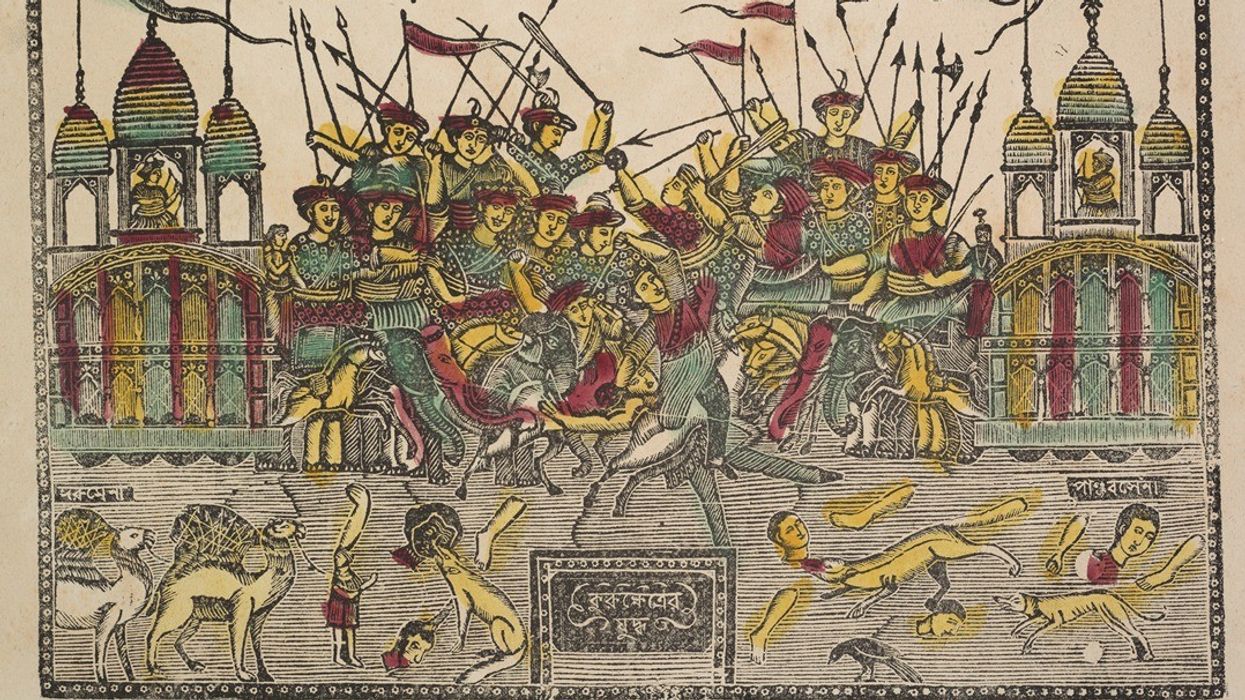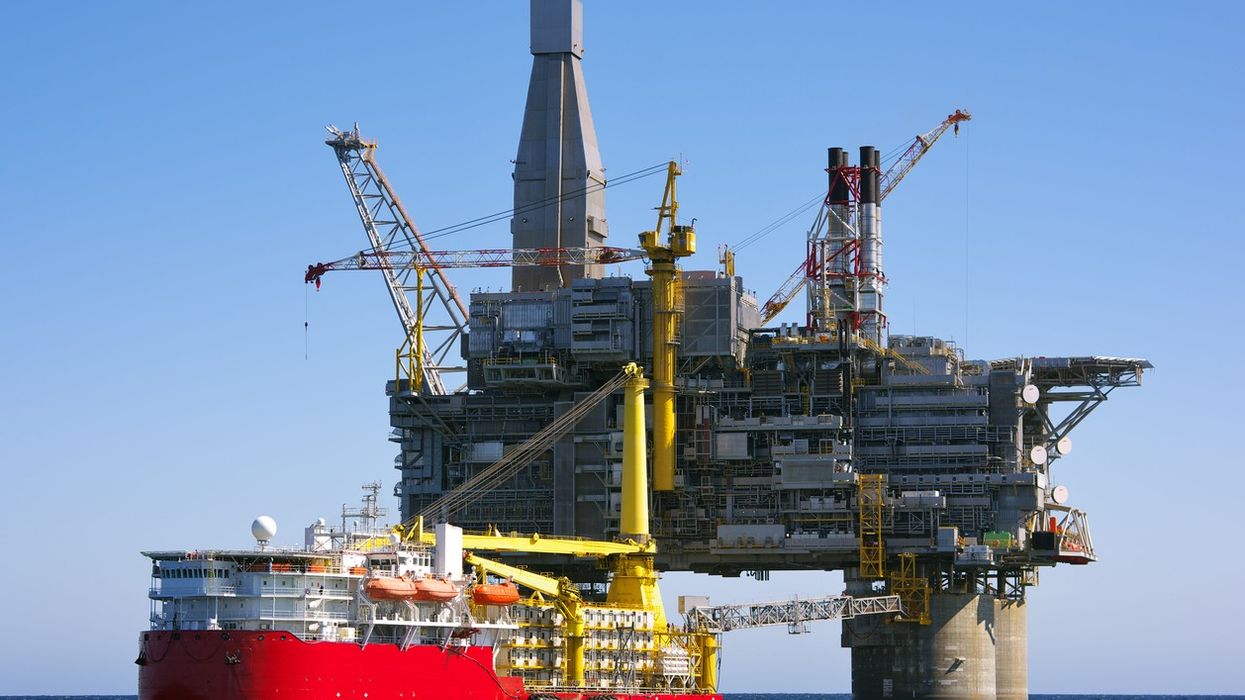THAILAND’s financial system has matured dramatically in the past five decades, evolving from a landscape dominated by banks and family conglomerates into one of Southeast Asia’s most diversified capital markets. At the centre of this journey is MFC Asset Management, the country’s first licensed fund manager. Once a pioneer of collective investment, today MFC is undergoing a strategic shift of its own — moving beyond its legacy of stability to embrace sustainability, digital transformation and new forms of investor engagement. It is a reminder that even the oldest institutions must adapt if they are to shape the next era of Thai finance.
The starting point was very different. In the 1970s, Thai households were diligent savers but had limited options beyond low-yield deposits and property. Equity markets remained shallow, accessible only to the wealthy, while most families kept their wealth in cash or gold. The creation of MFC in 1975, backed by the Thai government and the International Finance Corporation, represented a breakthrough. For the first time, ordinary investors could pool savings into mutual funds and access professional management. It was not simply the launch of new products but the beginning of a cultural shift in how Thais approached wealth.
Building a modern financial industry
As the decades unfolded, Thailand’s financial system deepened. Liberalisation in the 1990s, followed by painful lessons from the 1997 Asian crisis, gave rise to stronger regulation and the institutionalisation of capital markets. The Securities and Exchange Commission tightened disclosure standards, strengthened investor protection and laid the foundation for an asset management industry that could thrive.
Within this context, MFC grew alongside these reforms, diversifying into provident funds, property and infrastructure trusts, and private mandates. Its products not only broadened investment choice but also channelled domestic capital into productive assets, reducing dependence on foreign borrowing and strengthening financial resilience.
The challenges now are very different. Household debt hovers around ninety per cent of GDP, among the highest levels in Asia, limiting the ability of families to save and invest. Demographic pressures are mounting as Thailand becomes one of the fastest ageing societies in the region, raising urgent questions about retirement security. These structural issues have placed asset managers at the centre of national priorities. Products such as provident funds and retirement mutual funds are no longer optional luxuries; they are necessities to prevent long-term economic strain. MFC’s early role in developing such vehicles highlights how its history of innovation is closely tied to the country’s social and economic needs.
A digital and retail revolution
The scale of the industry today underscores this evolution. Mutual funds in Thailand now manage more than six trillion baht, and the Stock Exchange of Thailand lists over seven hundred companies with a combined market value in the tens of trillions. Retail investors, once marginal, now account for close to forty per cent of daily trading activity — one of the highest shares in Asia.
Crucially, the way Thais invest is changing. More than half of fund subscriptions are now placed via mobile platforms, a signal that digital transformation is reshaping the link between asset managers and the public. For MFC, with its 428 billion baht of assets under management, adapting to this new dynamic is essential.
Financially, the company remains a symbol of consistency. It has been listed on the Stock Exchange of Thailand since 1993 and continues to reward shareholders with steady dividends. Its valuation — a market capitalisation above three billion baht, trading on a moderate price-to-earnings multiple — reflects a balance of profitability and prudence. Yet this stability is only part of the story. The firm is increasingly positioning itself as a forward-looking player, conscious that younger investors demand more than returns. They want products aligned with their values and global standards.
ESG as a growth frontier
This is where MFC’s recent focus on ESG becomes significant. The launch of its FTSE Shariah Investment Thailand ESG Extra Fund illustrates a strategic shift: combining religiously compliant finance with sustainability criteria, responding simultaneously to local cultural demands and international capital trends. In doing so, the company signals that it is not content to rest on its history but intends to shape the future of responsible investment in Thailand. Regulators have been tightening ESG disclosure requirements, and global investors are screening Thai assets more closely on environmental and governance grounds. By moving early, MFC is positioning itself as a standard-bearer in this transformation.
The regional context reinforces the urgency. Singapore is pushing hard to position itself as a sustainable finance hub, Malaysia has built deep expertise in Islamic funds, and Indonesia is pioneering sovereign green sukuk issuance. Thailand’s strength lies in its large domestic savings pool and active retail base, but its financial institutions must now compete on transparency, innovation and ESG credibility. In that race, MFC’s blend of heritage, institutional trust and renewed strategic direction could prove decisive.
Thailand’s financial system is no longer a fledgling market but a mature ecosystem facing new pressures from debt, demographics and globalisation. For asset managers, the next decade will be defined not by stability alone, but by their ability to innovate while preserving trust.
For MFC, the transition is particularly symbolic. Once the company that introduced Thais to mutual funds, it now has the chance to lead them into a world shaped by digital platforms, sustainable finance and cross-border competition. Its relevance will depend less on its legacy than on its willingness to evolve — and in that respect, the institution that once pioneered access to capital markets is again being tested as a pioneer of transformation.
This article is paid content. It has been reviewed and edited by the Eastern Eye editorial team to meet our content standards.




Anurag Bajpayee's Gradiant: The water company tackling a global crisis